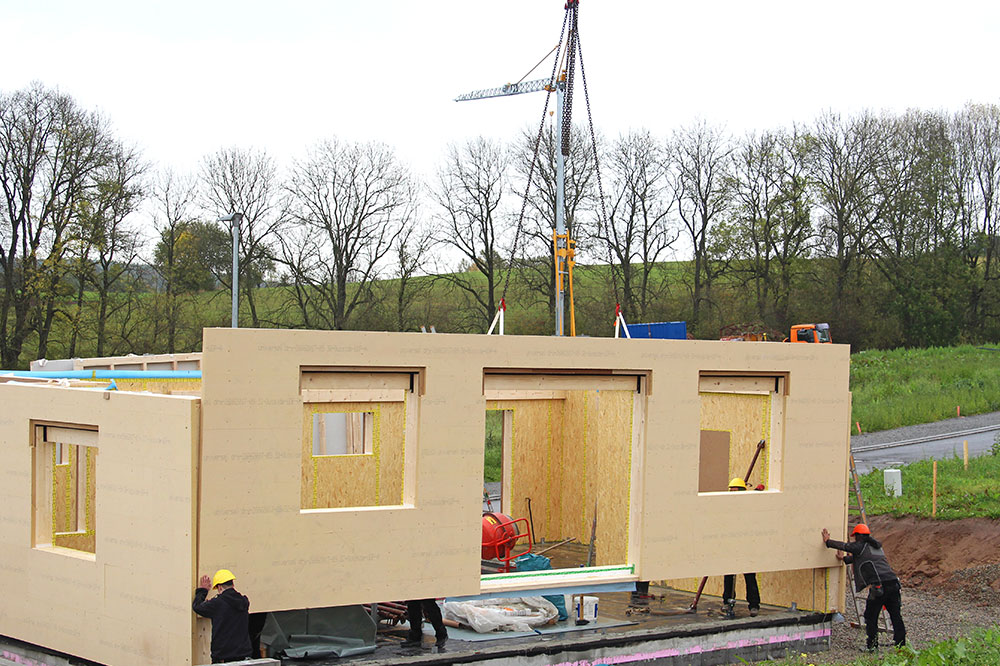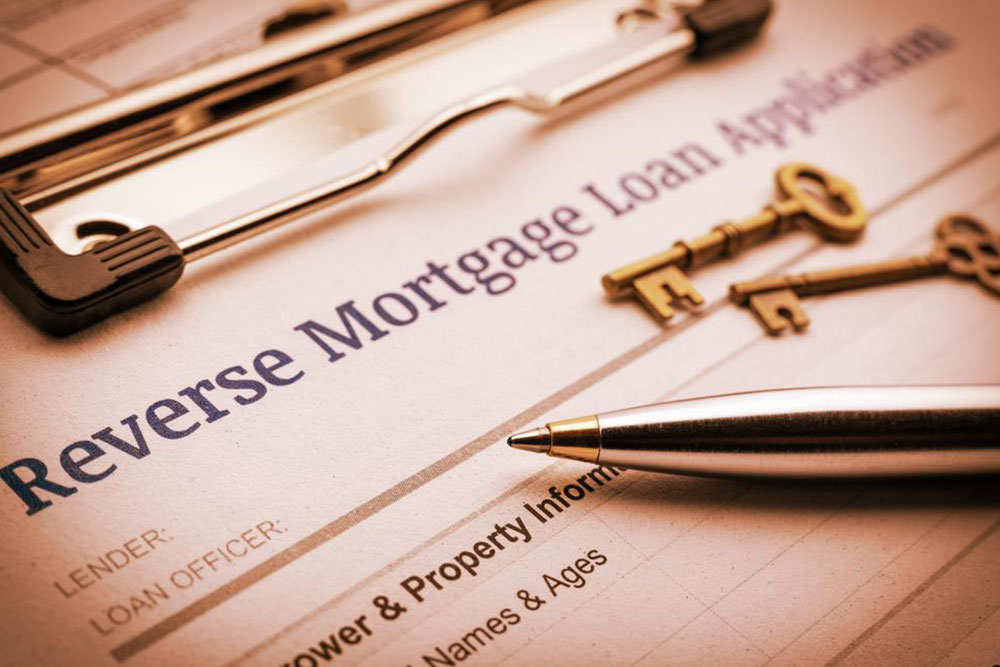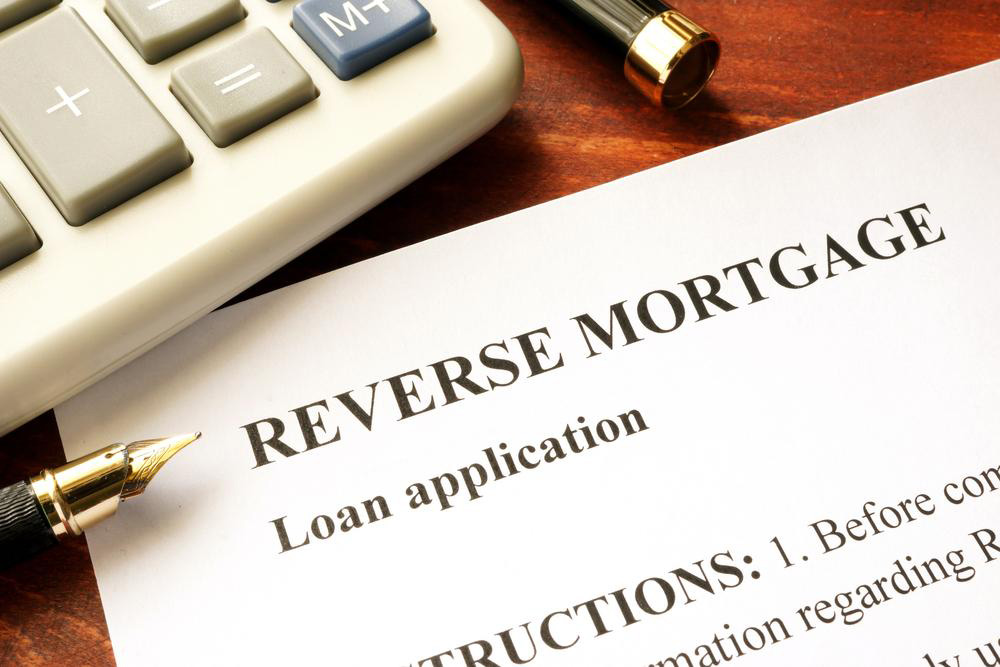Advantages and Disadvantages of Choosing a 15-Year Mortgage
Choosing a 15-year mortgage offers benefits like significant interest savings and quicker equity buildup but demands higher monthly payments, which could strain finances. It's essential to evaluate personal financial stability, opportunity costs, and potential tax benefits before deciding. This article explores both advantages and disadvantages, helping buyers make informed mortgage decisions for their financial future.

Advantages and Disadvantages of Choosing a 15-Year Mortgage
Deciding between a 15-year and a 30-year mortgage is a common dilemma for homebuyers. Many opt for the longer term due to lower monthly payments, but a 15-year mortgage offers significant savings and faster equity buildup. Although monthly payments are higher, the total interest paid over the life of the loan is much lower. This option also allows homeowners to clear their debt sooner, freeing them from mortgage obligations in just 15 years.
Let’s explore the benefits of a 15-year mortgage.
Stable interest rates Fixed interest rates guarantee consistent payments throughout the loan term.
Because of the shorter loan duration, monthly repayments are higher. Borrowers should assess their financial stability and consider their ability to allocate funds toward other debts or savings. A shorter loan also presents less risk to lenders, resulting in interest rates that are nearly a whole percentage point lower than a 30-year mortgage. Additionally, government-backed loans typically offer reduced fees and lower mortgage insurance premiums for 15-year plans.
Those opting for a 15-year mortgage often benefit from lower mortgage insurance costs from entities like the FHA. This structured repayment can help instill financial discipline, enabling borrowers to pay off their home faster. It also accelerates equity growth, acting as a form of forced savings since the invested amount increases property value over time.
Now, let’s consider some drawbacks of choosing a 15-year mortgage.
Limited cash flexibility Higher monthly payments might strain finances, especially in emergencies like job loss or unexpected medical expenses.
Reduced tax benefits Lower interest payments mean diminished mortgage interest deductions, potentially decreasing tax savings.
Opportunity cost Funds allocated to higher payments could instead be invested in stocks, retirement accounts, or other assets with higher returns.
Stay informed on mortgage trends by following our updates on Mortgage, and connect with us on Facebook and Twitter for investment insights.










